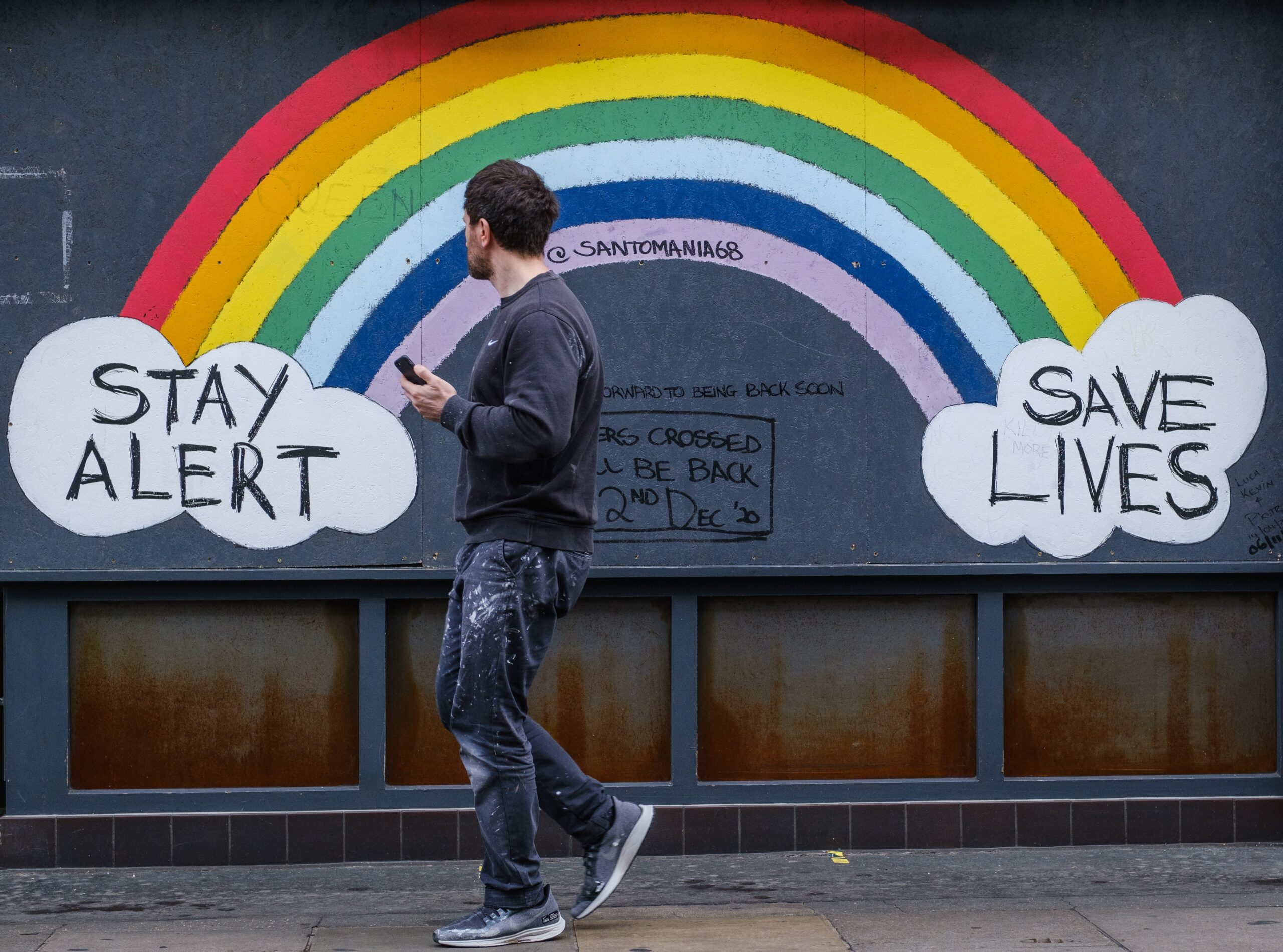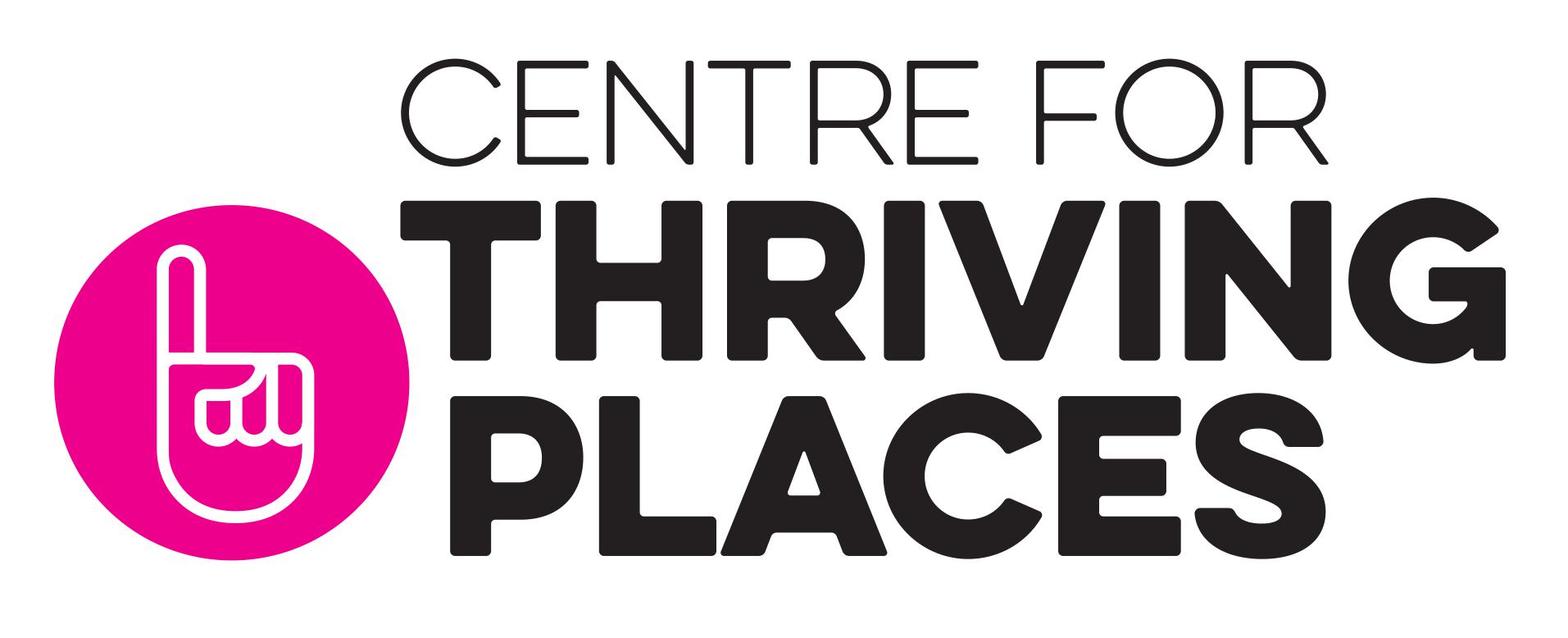Covid-19 and wellbeing
The impact of the pandemic on wellbeing

Covid-19 had a massive impact on all aspects of society. As a result of the shifts we all experienced, wellbeing quickly became a mainstream term and the need to better understand the effect the pandemic had on wellbeing in the population was crucial.
Concern for the mental, emotional and physical wellbeing of those affected and their closest became part of everyday conversation. As did the worry for people experiencing social isolation or financial difficulties brought about by the pandemic and lockdowns. The Office for National Statistics started measuring wellbeing levels – life satisfaction, happiness, worthwhile and anxiety – more frequently to better understand these indicators.
As a wellbeing evidence centre, our focus shifted to look at what was happening and what can be done to improve wellbeing levels during these unprecedented times.
Together with University College London and the Centre for Thriving Places, and with support from the European Social Research Council, we produced a variety of publications and resources during this period covering topics such as what helped us cope, the effect on wellbeing and mental health, differences between men and women’s experiences, and impacts on loneliness.
All these resources can be found in the boxes below.
![]()
[gravityform id=1 title=true description=true ajax=true tabindex=49]



